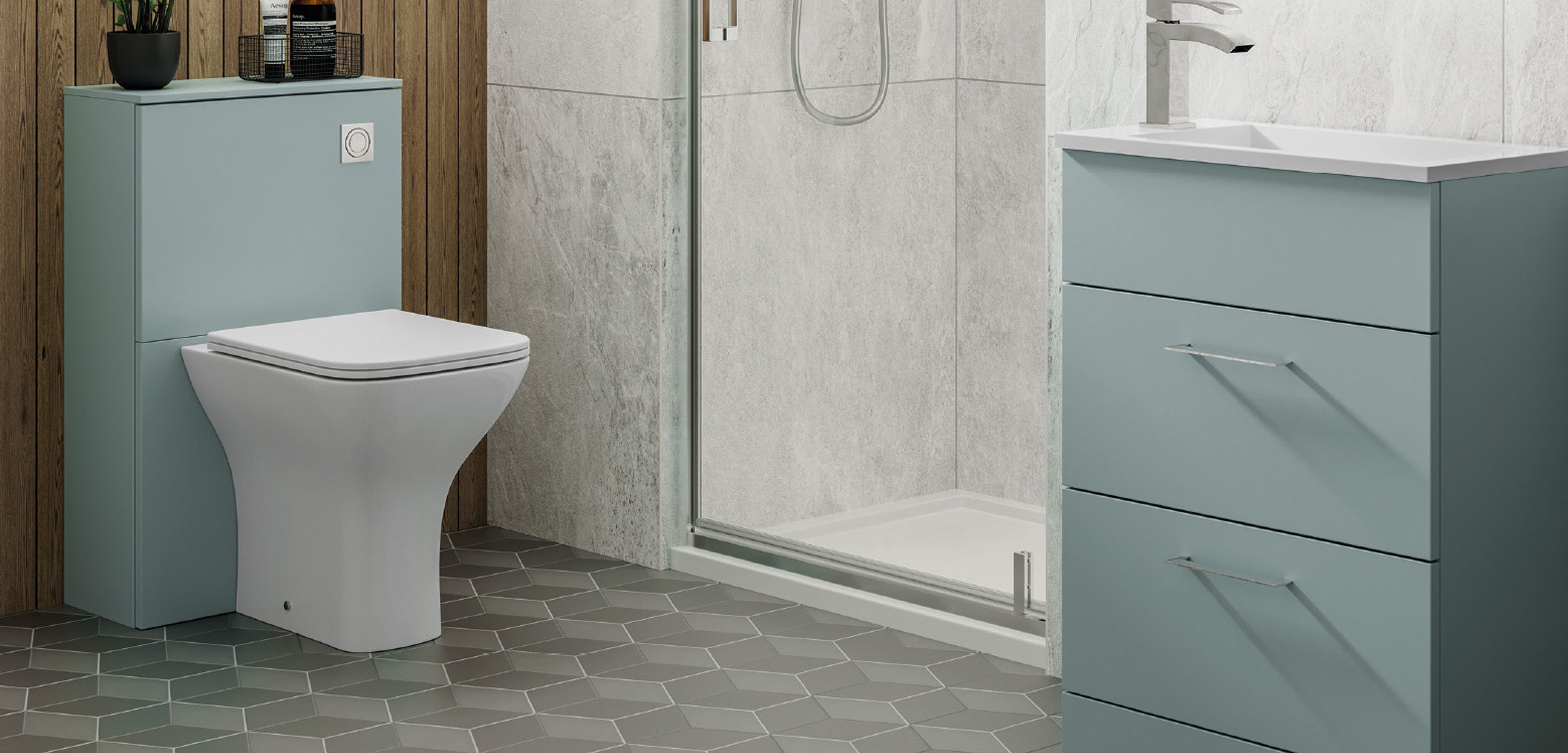Ever stopped to think about the water you're drinking? Yeah, I mean really think about it. Is it clean? Is it safe? Are you sure this water's sanitary? It's not just a random question—water quality is a big deal, and it affects everyone, everywhere. Whether you're sipping from a tap in your kitchen or filling up your bottle at a public fountain, the quality of water matters. A lot.
Let’s be honest here. We often take water for granted. Turn on the faucet, and there it is—clear, cool, and ready to drink. But is it really as harmless as it looks? Water might seem pure, but lurking beneath the surface could be all sorts of nasties—bacteria, viruses, heavy metals, and even chemicals. It's not just about taste or smell; it's about health. And that's why asking "are you sure this water's sanitary?" isn't just paranoia—it's smart.
This article isn’t just some random rambling about water. It’s a deep dive into everything you need to know about water safety. From understanding what makes water sanitary to figuring out how to protect yourself and your loved ones, we’ve got you covered. So buckle up because we’re about to get real about H2O.
- Yao Shaq The Rise Of A Phenomenal Basketball Legend
- En Route Rings The Ultimate Guide To This Trendy Jewelry You Need In Your Life
Why Water Quality Matters
Alright, let’s break it down. Water isn’t just something we drink—it’s life. Every single cell in your body depends on water to function properly. But here’s the thing: if that water is contaminated, it can cause all sorts of problems. From mild stomachaches to serious diseases like cholera or lead poisoning, bad water can hit hard. That’s why asking "are you sure this water's sanitary?" isn’t overthinking—it’s essential.
Here’s a quick rundown of why water quality matters:
- It directly impacts your health.
- Contaminated water can carry harmful pathogens.
- Poor water quality affects vulnerable populations the most—like kids, pregnant women, and the elderly.
- Even if you don’t drink it, using unsafe water for cooking or bathing can still be risky.
And let’s not forget, clean water isn’t just about individual health—it’s about community well-being. When water supplies are safe, everyone wins.
- Where Is Pepsi Originally From Discover The Fascinating Origins Of This Global Brand
- Nikko Ortiz Disability Inspiring Stories And Facts You Need To Know
What Makes Water Sanitary?
So, what exactly does it mean for water to be sanitary? It’s more than just looking clear or tasting fine. Sanitary water is free from harmful contaminants that could make you sick. This includes:
- Microorganisms: Bacteria, viruses, and parasites that can cause infections.
- Chemicals: Things like lead, arsenic, and pesticides that can build up in your system.
- Physical contaminants: Sediment, dirt, and other particles that might affect water quality.
But how do you know if your water fits the bill? That’s where testing comes in. Regular water testing ensures that what’s coming out of your tap is actually safe to consume. And if it’s not? Well, that’s when you start looking into treatment options.
Common Water Contaminants You Should Know
Let’s talk about the bad guys. Here are some of the most common contaminants you might find in water:
- E. coli: A type of bacteria that can cause severe gastrointestinal issues.
- Lead: Often found in older plumbing systems, lead exposure can lead to serious health problems, especially in children.
- Fluoride: While small amounts are added to water to promote dental health, too much can be harmful.
- Nitrates: Common in agricultural runoff, nitrates can be dangerous, particularly for infants.
Knowing what to look for is the first step in ensuring your water is sanitary. But don’t worry—we’ll cover how to test for these contaminants later on.
How to Test Water Quality
Alright, so you’re wondering how to find out if your water is safe. Testing is the key. There are several ways to go about it:
Home Water Test Kits
These kits are easy to use and can give you quick results. They typically test for common contaminants like bacteria, lead, and pH levels. Just follow the instructions, and boom—you’ll have an idea of what’s in your water.
Professional Water Testing Services
If you want more detailed results, consider hiring a professional. These experts can test for a wide range of contaminants and provide you with a comprehensive report. Sure, it might cost a bit more, but it’s worth it for peace of mind.
Regardless of which method you choose, regular testing is crucial. Things like aging pipes or changes in water sources can affect water quality over time.
Water Treatment Options
So, what happens if your water doesn’t pass the test? Don’t panic—there are plenty of treatment options available. Here are a few:
- Boiling: Simple and effective for killing bacteria and viruses.
- Water Filters: From basic pitcher filters to advanced reverse osmosis systems, there’s something for every budget and need.
- UV Purification: Uses ultraviolet light to kill microorganisms without chemicals.
Choosing the right treatment option depends on what’s contaminating your water and your personal preferences. Do your research and pick the one that works best for you.
The Importance of Regular Maintenance
Once you’ve got your water sorted, it’s important to keep it that way. Regular maintenance of your plumbing system and water treatment equipment is key. Here’s why:
- It prevents contamination from reoccurring.
- It extends the life of your equipment.
- It saves you money in the long run by avoiding costly repairs.
Think of it like taking care of your car—you wouldn’t ignore routine maintenance, right? Same goes for your water system.
Tips for Maintaining Water Quality
Here are a few tips to help you keep your water sanitary:
- Flush your pipes regularly, especially if you’ve been away from home for a while.
- Replace water filters as recommended by the manufacturer.
- Inspect your plumbing for leaks or signs of corrosion.
Small steps like these can make a big difference in maintaining water quality.
Global Water Safety Challenges
While we’ve been focusing on individual water safety, it’s important to recognize the global challenges. Millions of people around the world don’t have access to clean, safe water. This isn’t just a numbers game—it’s a human rights issue. Organizations like UNICEF and Water.org are working tirelessly to address these disparities, but there’s still a long way to go.
So, the next time you ask "are you sure this water's sanitary?" remember that for many, access to sanitary water is a luxury they don’t have. Supporting global water initiatives is one way to help make a difference.
How You Can Help
There are plenty of ways to get involved:
- Donate to organizations working on water projects.
- Spread awareness about water safety and conservation.
- Reduce your own water footprint by conserving water at home.
Every little bit helps when it comes to ensuring everyone has access to clean water.
Legal Regulations and Standards
Did you know there are laws and regulations in place to ensure water safety? In the U.S., the Environmental Protection Agency (EPA) sets standards for drinking water quality. These regulations cover everything from acceptable contaminant levels to testing requirements.
But here’s the thing: not all countries have the same level of protection. That’s why understanding local regulations is important, especially if you’re traveling or living abroad.
How to Stay Informed
Staying informed about water safety regulations is easier than you think:
- Check with local health departments for updates on water quality.
- Follow news outlets that cover environmental issues.
- Sign up for alerts from organizations like the EPA or WHO.
Knowledge is power, and when it comes to water safety, being informed can save lives.
Conclusion
So, there you have it—a deep dive into the world of water safety. Asking "are you sure this water's sanitary?" isn’t just a question—it’s a call to action. Whether you’re testing your water, treating it, or supporting global initiatives, every step you take helps ensure that water remains safe for everyone.
Here’s what we’ve learned:
- Water quality matters for your health and the health of your community.
- Testing and treating water can help protect against contaminants.
- Maintaining your water system is crucial for long-term safety.
- Global water safety is a shared responsibility.
Now it’s your turn. Take action by testing your water, educating others, or supporting water safety initiatives. Together, we can make sure that everyone has access to clean, safe water. And who knows? Maybe one day, asking "are you sure this water's sanitary?" will be a thing of the past.
Got thoughts? Leave a comment below or share this article with someone who needs to know about water safety. Let’s keep the conversation going!
Table of Contents
- Why Water Quality Matters
- What Makes Water Sanitary?
- Common Water Contaminants You Should Know
- How to Test Water Quality
- Water Treatment Options
- The Importance of Regular Maintenance
- Tips for Maintaining Water Quality
- Global Water Safety Challenges
- How You Can Help
- Legal Regulations and Standards
- How to Stay Informed
- Unveiling The Secrets Of Motel Nikuniwe A Unique Experience
- How To Properly Compliment A Friend The Ultimate Guide To Boosting Their Spirits


